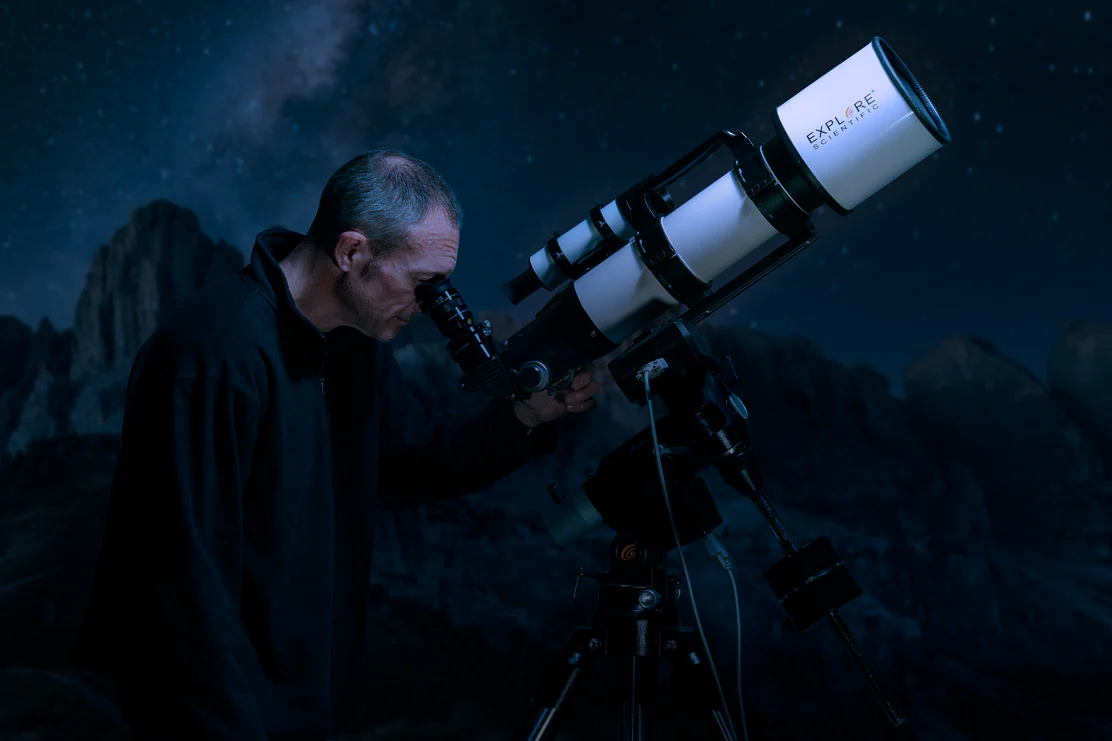
Witness the Blaze Star: T Coronae Borealis' Anticipated Outburst
At Cosmic View Commerce, we're passionate about bringing the wonders of the cosmos closer to you. One of the most exciting celestial events on the horizon is the potential outburst of T Coronae Borealis, also known as the Blaze Star. This fascinating star system in the constellation Corona Borealis is famous for its dramatic flare-ups, captivating astronomers and stargazers alike.
What is T Coronae Borealis?
T Coronae Borealis is a rare and remarkable recurrent nova. This means it experiences periodic explosions that temporarily increase its brightness, making it visible to the naked eye. The system consists of a red giant star and a white dwarf, locked in a cosmic dance that occasionally results in a spectacular outburst. The last significant flare occurred in 1946, and astronomers are eagerly anticipating another event.
Why Should You Care?
Events like these are a reminder of the dynamic and ever-changing nature of our universe. Observing a nova outburst is a rare opportunity to witness the incredible forces at work in the cosmos. Whether you're an amateur astronomer or just someone who enjoys the beauty of the night sky, the potential eruption of T Coronae Borealis is something you won't want to miss.
Prepare for the Show
If you’re ready to catch a glimpse of the Blaze Star in action, now is the perfect time to upgrade your stargazing gear. At Cosmic View Commerce, we offer a range of high-quality telescopes and accessories to help you get the most out of this cosmic event. From beginner scopes to advanced equipment, we have everything you need to make the most of your stargazing experience.
Stay Tuned
Keep an eye on our blog for updates on T Coronae Borealis and other exciting astronomical events. Whether it’s tips on where and when to observe or recommendations for the best gear, Cosmic View Commerce is here to guide you on your journey through the stars.
Telescope Recommendation
For a high-quality viewing experience with a focus on precision and durability, I’d recommend the Explore Scientific FirstLight AR102


Leave a comment